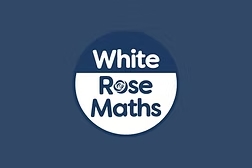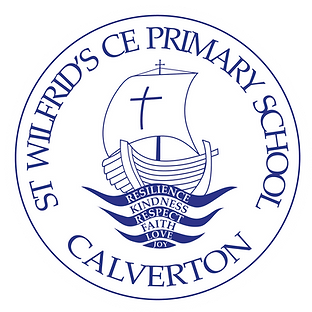Maths

Intent
At St Wilfrid’s, we have developed a progression of skills document which breaks down the National Curriculum expectations into a series of statements for each year group and strand. These are used to support planning and teaching to ensure children build on key skills year on year to achieve the above expectations.
“Confidence in numeracy and other mathematical skills is a precondition of success across the national curriculum.”
We aim to ensure all pupils become fluent in the fundamentals of mathematics, with increasingly complex problems over time, so that pupils are fluent in the fundamentals of mathematics with a conceptual understanding and the ability to recall and apply knowledge rapidly and accurately. This begins in the Early Years where our pupils develop a strong grounding in number, something which is essential for the development of mathematical progress. Within our EYFS curriculum, pupils are afforded frequent and varied opportunities to build and develop a deep understanding of the numbers to 10, the relationships between them and patterns within those number to develop a secure base of knowledge and vocabulary from which mastery of mathematics is built. Through building upon these foundations, pupils are encouraged to continually develop spatial reasoning skills across the mathematics curriculum, develop positive attitudes and interests in mathematics, look for patterns and relationships, spot connections and engage in mathematical talk about what they notice, all in a climate where children are encouraged to strive for the challenge, where mistakes are perceived as a springboard to further and deeper learning. We believe that pupils should have the skills to solve problems by applying their mathematics to a variety of situations with increasing sophistication, including in unfamiliar contexts and to model real-life scenarios. Children will be able to reason mathematically by following a line of enquiry and develop and present a justification, argument or proof using mathematical language.
By nurturing a mastery of mathematical skills and emphasising their relevance, we aim to empower our students with the competence and confidence to excel in their academic pursuits and also in their growth as independent learners. Our maths reflects our dedication to cultivating mathematical proficiency and contributing to each student's holistic development.
Implementation
Teachers use the White Rose Scheme of Work for their basic maths provision. This is enriched in a variety of ways:
- Maths Missions - linking maths to topic work to make it relevant and meaningful; this is evidenced in our maths displays and work.
- Pupils are challenged in maths in a variety of ways, this could be homework, through 'non negotiables', through top down planning with our extension challenge.
- Fluent In Five – daily arithmetic practice.
- Rapid Reasoning/ question of the day – daily problem solving and reasoning practice consolidating arithmetic skills and putting them in context.
- NCETM: Teaching for Mastery – intelligent practice which reinforces pupils’ procedural fluency and develops conceptual understanding whilst developing a child’s deep knowledge.
Impact
The impact of our Maths offer is measured through our monitoring cycle. This includes book looks, learning walk ‘drop-ins’, pupil voice, MTPs. We assess and track Maths progress against National Curriculum objectives (the acquisition of skills outlined in the progression of skills documents), non-negotiables and termly assessments. In assessing, we are looking for sustained mastery, greater depth, inspired learners and children who are fulfilling their potential (there will be no significant gaps in the progress of different groups of pupils e.g. disadvantaged vs non-disadvantaged).
White Rose Small Steps Progression Documents
Reception Small Steps
Year One Small Steps
Year Two Small Steps
Year Three Small Steps
Year Four Small Steps
Year Five Small Steps
Year Six Small Steps
In addition to the above documents, we follow the White Rose calculation polies. These give guidance to teachers to ensure a consistent approach to calculation with in four operations.
